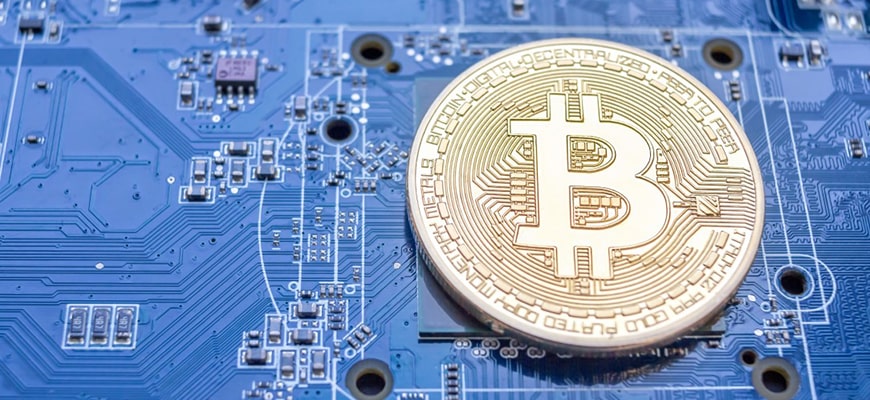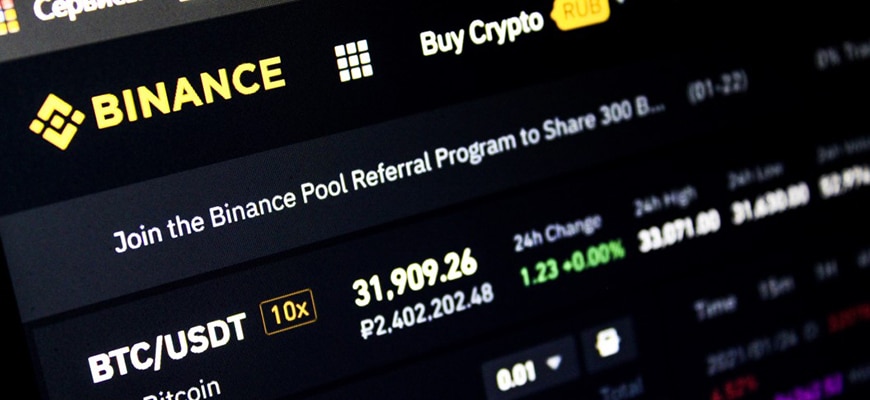Bandwidth is the amount of data that is available for transactional activity on the network.
What is bandwidth?
Average bandwidth is defined by the number of megabytes or gigabytes per second processed on the network. Data flow becomes insufficient to handle the volume, and connections slow down when the bandwidth limit is reached.
Bandwidth indicates how much data you receive per second, and speed indicates how fast the data is processed or downloaded. You can look at the example of filling a bathtub. If the tub faucet is larger than normal, water can flow faster. Water is capacity, and how fast it flows is speed. Bandwidth can be confused with Internet speed, although it refers to the amount of data that can be transferred through a connection in a given amount of time (expressed in megabits per second, Mbps).
Without buffering and latency, streaming, gaming and other bandwidth-intensive activities require a certain level of Internet speed. Tokenization of bandwidth is achievable with blockchain technology. Tokenization turns it into a marketable and divisible asset, trading which, thanks to the Internet and the blockchain network, is like smart banking and digital money. In this situation, instead of money, you will be exchanging bits per second.
The physical infrastructure designed to manage bandwidth is designed to withstand whatever comes its way. Regardless of what some ISPs claim, bandwidth is a finite resource.
The demand for computing resources is constantly increasing due to the high and dramatic demand for technologies such as big data, analytics and the Internet of Things. In the rare cases of declining technology use, there will be a deflation of bandwidth.
Bandwidth will function as a form of currency in a decentralized network, unlike the dollar. Bandwidth can provide complete transparency and security without the need for a centralized financial institution
The main problem with bandwidth is the reliability of the currency. Virtual, electronic, physical, or abstract currency cannot survive without trust and faith in the system. Bandwidth is valuable and can drive technological advances in the blockchain industry. The advent of blockchain has made it possible to tokenize and exchange almost anything of value. Developing a currency to power the computers of the future could help humanity’s technological advancement.








